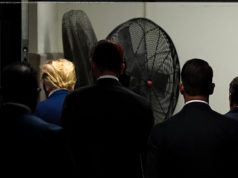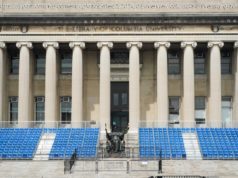The Electoral College works even better than the American founders hoped.
At the Constitutional Convention, the framers first considered the concept of electors on June 2,1787. James Wilson made a novel proposal: Divide each state into districts where eligible voters would choose “Electors of the Executive magistracy.” In other words, he proposed an electoral college. Wilson expressed that this would provide executive independence and “produce more confidence among the people… than an election by the national Legislature.” While generating a bit of support, Wilson’s proposal failed in an 8-2 vote. Yet it would return in the end—near the conclusion of the Convention—when James Madison drafted the language in Article II of the Constitution that provides the framework for the Electoral College. Throughout the Convention, various delegates expressed support for a direct election, including Madison, but never with the arguments most often heard today. They spoke not of fairness nor of “one person, one vote,” but of the kind of candidates who might win and how they would conduct themselves in office. The men who wrote the Constitution were concerned with outcomes, not inputs. They understood that the test of an election system is more than mere majoritarianism. With few exceptions, the framers wanted an independent executive. That ruled out giving the choice to some other group of politicians—especially Congress. A direct popular election was an obvious alternative, which the framers considered and then rejected for several reasons—including practical concerns about conducting a nationwide election and about ordinary citizens’ lack of personal knowledge of presidential contenders. The Electoral College ameliorates the first concern by containing disputes in particular states, preventing any possibility of a nationwide recount, and limiting the effects of fraud within a state to just that one state’s electoral votes. (On the other hand, voter ignorance is likely worse today than in 1787—very few voters have any direct personal knowledge of candidates even for state offices.






